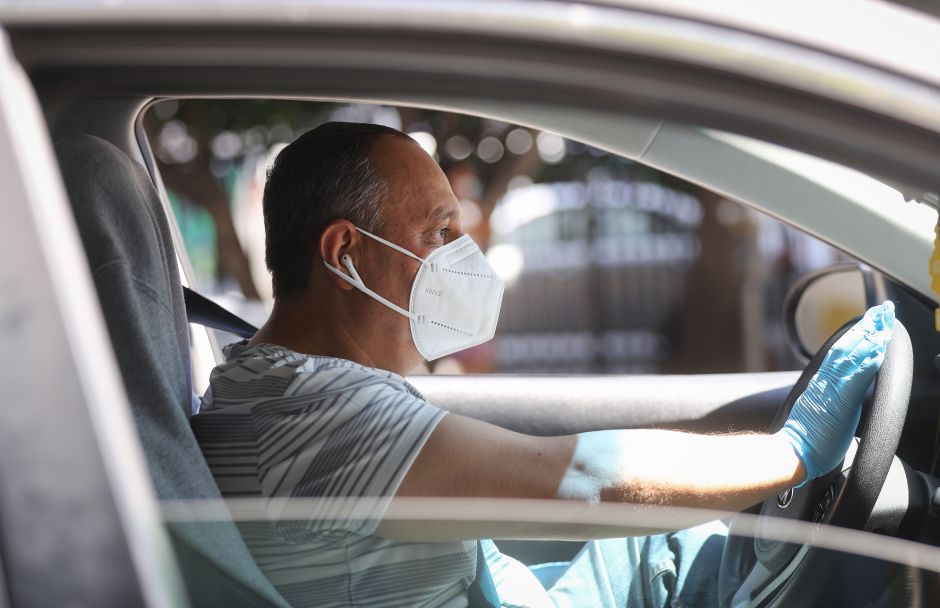This initiative has to do with benefits for Uber and Lyft workers, among others
Opponents of Proposition 22 say cell phone app companies like Uber, Lyft, Instacart, Doordash and Postmates are trying to create a special waiver from California law to avoid basic protections for their workers.
For this reason they ask that this Tuesday, November 3, voters vote “No” on this initiative.
Alma Hernández, executive director of SEIU California, said the proposal was written by members of these companies for the benefit of the companies themselves and not for the workers.
“During a global pandemic, this initiative does not offer a single sick leave or paid family leave, and it erases the requirements to provide Personal Protective Equipment (PPE),” he said.
The aforementioned mobile phone application companies for ridesharing and food deliveries have invested more than $ 180 million in a campaign that attempts to “wrest basic benefits from workers to continue their exploitation,” Hernández added.
Add that these include the right to a minimum wage, health care, overtime, paid sick leave, regular breaks, unemployment insurance, and workers’ compensation.
A study conducted this year by the University of California revealed that these companies have pocketed about $ 413 million that they owe to the state’s unemployment insurance fund over the past five years.
Opponents said app companies have refused to follow state law stating that these workers deserve all the rights and protection of employees in California.
Rey Fuentes, an attorney for the Partnership for Working Families, said that under whatever legal and federal evidence, courts and legislatures across the country are identifying the fact that these companies, Uber, Doordash and Instacart, are involved in just one.
“It doesn’t make sense that sometimes these companies use the independent contractor model to deny workers basic rights and protections,” he said.
For their part, the companies have stated that they do not hire people under the title of “employees” because their companies are platforms in which they are practically clients of Uber and Lyft and they are not responsible for them as workers.
Fuentes said the companies also do not offer protection against discrimination based on immigration status, nor against harassment from third parties. A recent study showed that 56% of the drivers for these companies are immigrants.
If a passenger harasses a driver because of their race or ethnicity. Uber, Lyft and other companies are not responsible for remedying what happened in that situation, the lawyer said.
Additionally, opponents of this measure say that drivers earn much less than the minimum wage guaranteed by the state since for each hour they work they are paid only 40 minutes.
Those drivers who want to earn at least the weekly minimum wage “would have to work longer shifts without overtime pay,” they explain.

Not all agree
However, supporters of Proposition 22 deny all these accusations and say that applications companies are the preferred choice of many drivers.
There are an estimated 1 million Californians who choose to work as independent contractors with ride-sharing applications, food and grocery delivery platforms, said Geoff Vetter, spokesman for the “Yes” campaign to Prop. 23.
“According to surveys, these app-based drivers overwhelmingly prefer to work as independent contractors, with flexibility in their own hours,” Vetter said.
“80% of application drivers work only part-time and rely on flexible work to supplement their income and help support their families.”
Among the long list of organizations and politicians asking to vote “No” on Proposition 22 is presidential candidate Joe Biden and Senator Kamala Harris as well as the California Employment Lawyers Association and the California Immigration Policy Center. For more information visit: nooncaprop22.com/








